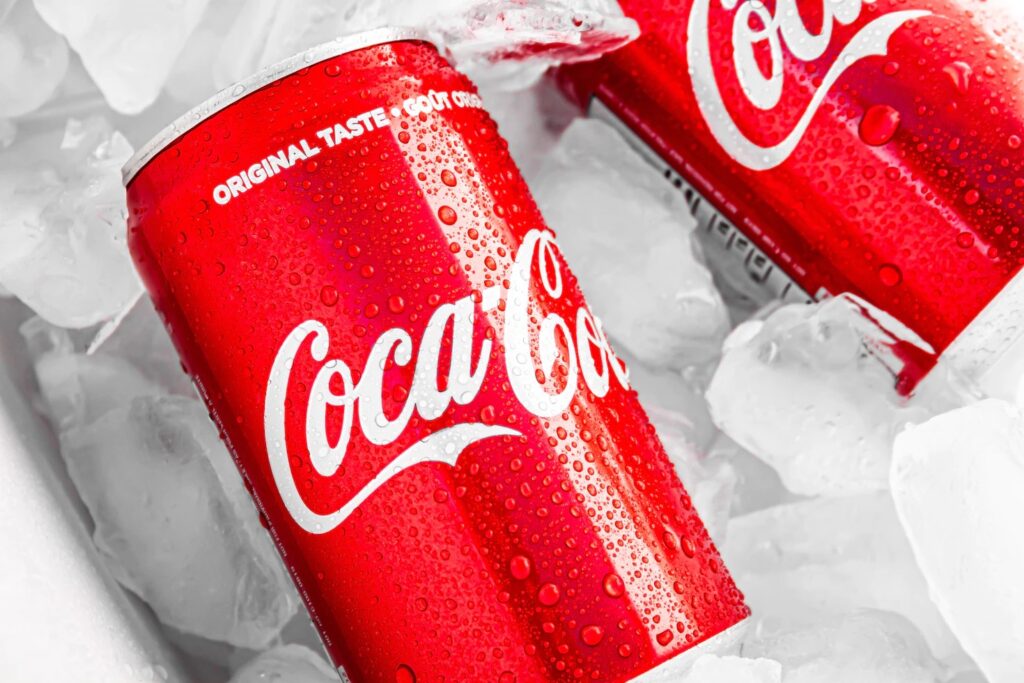
WHO’s Impending Declaration: Artificial Sweeteners in Diet Coke and Their Potential Link to Cancer
In recent years, the safety of artificial sweeteners has come under scrutiny, with concerns being raised about their potential health risks. Of particular interest is the use of artificial sweeteners in popular diet beverages such as Diet Coke. As the global authority on public health, the World Health Organization (WHO) is poised to make a significant declaration regarding the potential link between artificial sweeteners in Diet Coke and cancer. This article delves into the ongoing debate, explores the available scientific evidence, and sheds light on the imminent declaration by the WHO.
Artificial sweeteners are sugar substitutes that provide sweetness without adding significant calories. Common examples include aspartame, saccharin, sucralose, and acesulfame potassium. These additives have gained popularity as they offer consumers an alternative to high-calorie, sugar-laden products.
Despite being deemed safe for consumption by regulatory bodies like the U.S. Food and Drug Administration (FDA) and the European Food Safety Authority (EFSA), artificial sweeteners have faced criticism and concerns. Some studies have raised doubts about their long-term safety and potential link to cancer. However, the scientific community remains divided on the issue, with differing interpretations of the available evidence.
Numerous scientific studies have investigated the potential association between artificial sweeteners and cancer. Some studies have suggested a correlation, indicating an increased risk of cancer, particularly bladder cancer and certain blood-related malignancies, among individuals who consume these sweeteners regularly. However, these findings have faced scrutiny due to limitations in study design and methodology.
For instance, a study conducted by the Ramazzini Institute in Italy reported an increased incidence of malignant tumors in rats exposed to aspartame. However, experts have criticized the study, questioning its relevance to human health, as rats metabolize aspartame differently than humans. Moreover, the doses administered in animal studies are often much higher than what humans typically consume.
On the other hand, regulatory agencies such as the FDA and EFSA maintain that the current body of evidence does not support a causal link between artificial sweeteners and cancer in humans. They argue that the extensive studies conducted on these additives, coupled with the large-scale monitoring of their use, have not demonstrated a significant risk to human health.
Despite the conflicting research findings, the WHO is preparing to issue an important declaration concerning the potential cancer-causing properties of artificial sweeteners, specifically those used in popular diet beverages like Diet Coke. This declaration is based on a comprehensive review of available scientific literature and a thorough evaluation of the existing evidence.
It is important to note that the WHO’s declaration does not imply a definitive conclusion about the causal relationship between artificial sweeteners and cancer. Rather, it emphasizes the need for further research and encourages precautionary measures. The impending declaration is expected to drive increased scrutiny and additional investigations into the long-term effects of artificial sweeteners.
Conclusion:
The potential link between artificial sweeteners in Diet Coke and cancer remains a topic of debate, with scientific evidence providing mixed results. While some studies suggest a possible association, others assert that the current evidence does not support a conclusive link. As the WHO prepares to make its declaration, it is crucial to acknowledge that its primary objective is to address the existing knowledge gaps and promote further research into the potential risks associated with artificial sweeteners.
Consumers should approach the consumption of artificial sweeteners with moderation and make informed choices based on the available evidence. Manufacturers and regulatory authorities should continue to monitor the latest research findings and update safety guidelines accordingly.
Leave your comment
You must be logged in to post a comment.